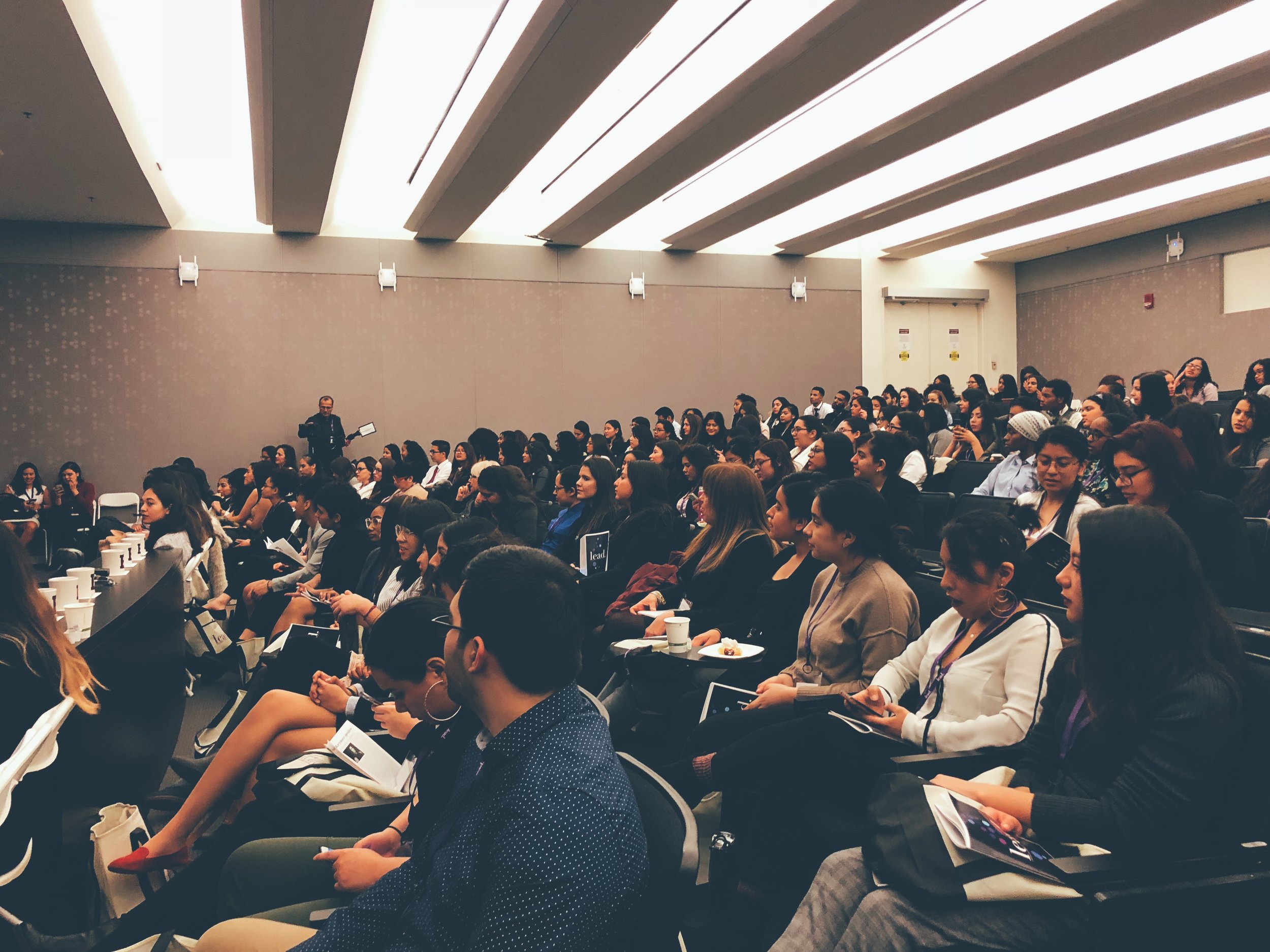Storm & Black Panther credit: Marvel Studios
I grew up on X-Men and all things Marvel. If I’m being honest, Marvel comics is what made me a sci-fi chic at the age of nine. Today, we took our son to see Black Panther. Going to see this movie was literally all he and I talked about all week. It was like waiting for Christmas!! But why? I think for me it has to do with Wakanda.
According to the Marvel Comic Site, “Wakanda is a fictional East African nation appearing in American comic books published by Marvel Comics. It is the most prominent of all nations in the Marvel Universe and home to the superhero Black Panther.”
Image of Wakanda, credit Marvel Studios
Wakanda isn’t awesome just because Black Panther is its ruler. Wakanda matters because here you have a place where Black people are kings and queens, scholars, innovators, scientist and leaders. This presents the ideas of respect and admiration for black culture that is so needed in today’s America.
Does that mean that we don’t already have scientists and innovators in the real world? Absolutely not. Those individuals are our real life heroes. However, as an avid movie goer, rarely do you see black people in positive roles that don’t include them being slaves or civil rights activists. Wakanda ushers in positive representation of Black society that is missing in our media.
For my son, and all kids around the world, Wakanda will show them a powerful purpose driven representation of people of color. In our country, kids of color don't get to see superheroes that look like them. I think for those kids Wakanda will teach them that no matter the obstacles they face, they can overcome them and thrive.
Photographed by Mario Testino, Vogue, October 2016
I could not end this post without talking about the beautiful women of Wakanda! Strong, brave, intellectual, thriving women. That is how I hope the world sees women of color. I’m so thankful that Wakanda’s women are represented by such a talented group of women, one of them being the lovely Lupita Amondi Nyong'o a Kenyan-Mexican actress. It brought me joy to know that the narrative for women of color is one of grit, grace and growth.












